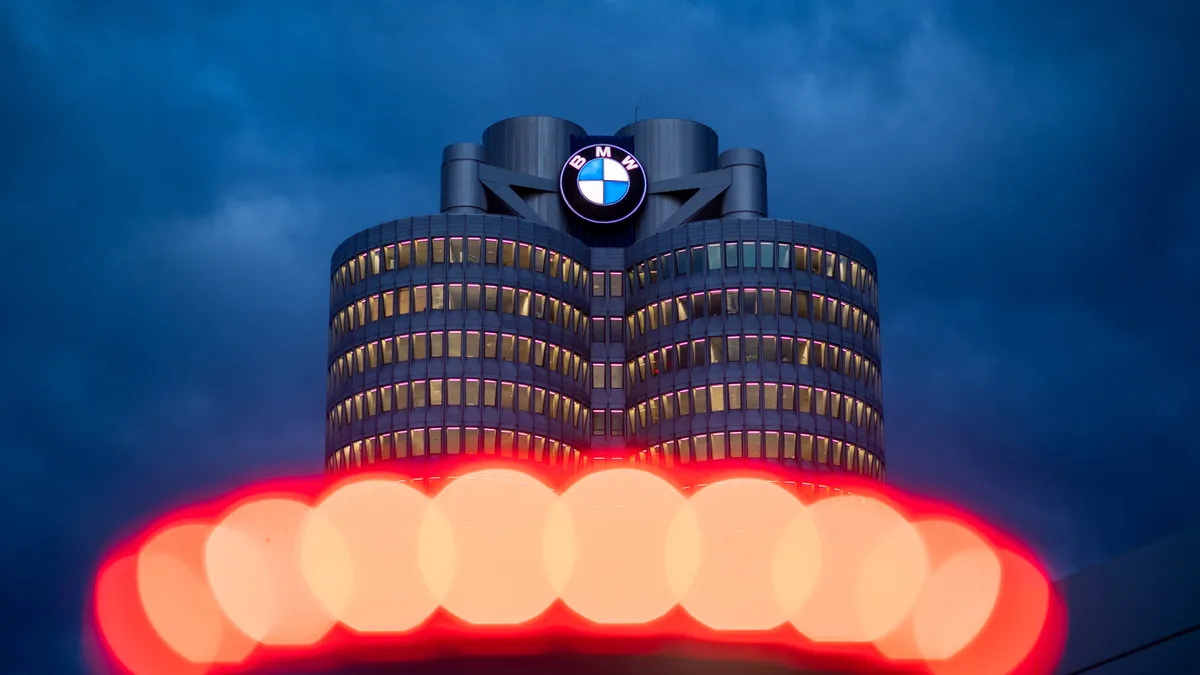Dive Brief:
- BMW Group shipped at least 8,000 Mini Coopers to the U.S. that used components from a banned supplier based in the Xinjiang region of China, according to a Senate Finance Committee investigation.
- The Senate report says Bourns Inc., a California-based auto supplier, sourced parts, including LAN transformers, from Sichuan Jingweida Technology Group Co., then provided those parts to Lear Corp., a direct supplier for BMW and Jaguar Land Rover. Sichuan Jingweida Technology Group Co. has been banned under the Uyghur Forced Labor Prevention Act since 2021 for presumed forced labor practices.
- BMW continued to import cars using parts manufactured by the banned supplier until at least April, according to the report, only stopping after the committee repeatedly asked detailed questions to Lear and Lear’s OEM customers.
Dive Insight:
The report comes after Volkswagen disclosed that a shipment of its vehicles intended for the U.S. market included parts made with a supplier banned by the U.S. government under the UFLPA in January. That same month, Lear sent letters to BMW, Jaguar Land Rover, Volvo and VW AG informing them of the banned components, the report states.
In spite of that notification, the report says in April, Jaguar Land Rover told the committee that it was “unaware of its links to the manufacturer,” and BMW said Sichuan Jingweida Technology Group Co. was not on its supplier list.
“Automakers are sticking their heads in the sand and then swearing they can’t find any forced labor in their supply chains,” said Senate Finance Committee Chair Ron Wyden, D-Oregon. “Somehow, the Finance Committee’s oversight staff uncovered what multi-billion-dollar companies apparently could not: that BMW imported cars, Jaguar Land Rover imported parts, and VW AG manufactured cars that all included components made by a supplier banned for using Uyghur forced labor.”
The staff report recommends the Department of Homeland Security and Customs and Border Protection take multiple actions to strengthen enforcement of the forced labor ban in auto supply chains. Those include providing clearer direction about what kinds of audits are necessary to detect forced labor in supply chains and comply with federal laws.
BMW Group did not immediately respond to Automotive Dive’s request for comment.















